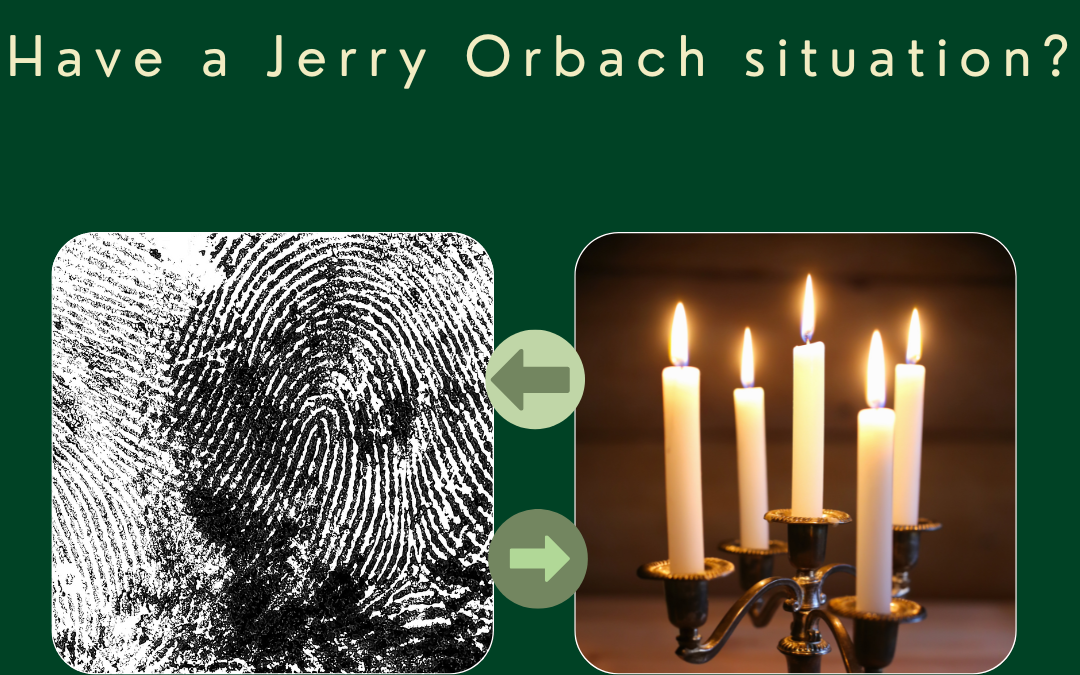Labor Day evokes many images. For some of us, it’s a time to savor the last days at the beach, perhaps with a good read?
Most of us hope to find meaning and purpose in our jobs. In this era of The Great Reassessment, maybe this is the Labor Day to reconsider our own toil? Or that of our colleagues?
Here are three suggestions to spark your own contemplation:
This podcast introduced me to Dr. Mike Rose, who was a professor of education at UCLA. He wrote The Mind at Work: Valuing the Intelligence of the American Worker. In an excerpt from the podcast, he reflects on the concept of meaningful work:
So let’s then bust this notion of meaningfulness open, … regardless of the kind of work, to be able to support a family or put food on the table, that’s meaningful. … So for her, then, in the midst of this difficult work and difficult circumstances, there was great meaning in the kind of social dimension of it, right?
Conversely, you and I both know people who are doing work that the culture at large, from a distance, would say is really meaningful — and they’re miserable.
… They’re as unhappy as can be. You know, the miserable lawyer, the unhappy neurosurgeon … So meaningfulness is a more fluid and rich and variable concept, I think, than we tend to imagine.
In Dr. Rose’s book, he references Stud Terkel’s American Classic: Working: People talk about what they do all day and how they feel about what they do. This 600+ page book is something we all should have picked up in quarantine! In the introduction, the author says:
“It is about a search, too, for daily meaning as well as daily bread, for recognition as well as cash.”
Some industrious folks found Stud’s original reel-to-reel tapes and distilled the best of them into an hour-long podcast. These snippets from the 1970s are both time capsule and insight into what gets folks out of bed in the morning.
Lastly, a book published about a decade ago by a modern-day philosopher, Alain de Botton. The Pleasures and Sorrows of Work questions how some professions can be so admired, yet how we overlook those that accomplish remarkable feats.
As goodreads summarizes it:
We spend most of our waking lives at work–in occupations often chosen by our unthinking younger selves. And yet we rarely ask ourselves how we got there or what our occupations mean to us.
… With a philosophical eye and his signature combination of wit and wisdom, Alain de Botton leads us on a journey around a deliberately eclectic range of occupations, from rocket science to biscuit manufacture, accountancy to art–in search of what make jobs either fulfilling or soul-destroying.
All good fodder to ponder as the summer winds down, and we head back to work, possibly with renewed vigor about our own vocations.





